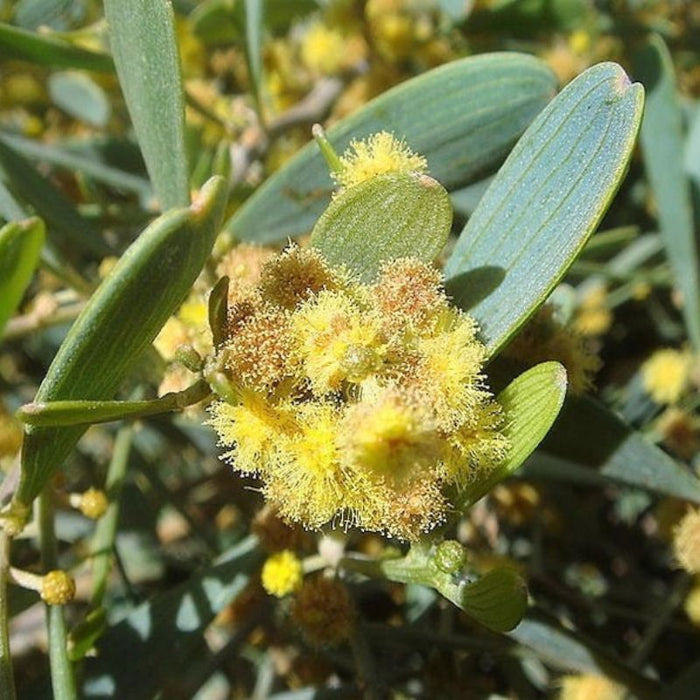
Simmondsia Chinensis Jojoba Seeds
Save 50%
Original price
$10.00
Original price
$10.00
-
Original price
$10.00
Original price
$10.00
Current price
$4.99
$4.99
-
$4.99
Current price
$4.99
Discover the multifaceted wonders of Simmondsia Chinensis, commonly known as Jojoba Seeds. These seeds boast a distinctive yellowish-green hue, adding a touch of natural elegance to your garden palette. Their adaptability extends to various soil and water conditions, thriving in average to dry environments.
Details:
- Color: Produces yellowish green foliage or blooms that add a unique and subtle hue to garden landscapes.
- Plant Seeds: Sow seeds when soil temperatures reach around 70°F for optimal germination.
- Plant Height: Grows to a mature height of 3 to 6 feet, making it suitable for mid to tall garden layers.
- Plant Spacing: Allow 3 to 5 feet between plants to support healthy growth and natural spread.
- Bloom Time: Blooms appear from March to May, bringing early-season interest to the garden.
- Light Requirements: Thrives in full sun and tolerates partial shade, offering flexible planting locations.
- Soil and Water Preferences: Prefers average to dry soil conditions with low to moderate watering needs.
- Quantity: Each pack includes 5 seeds, ideal for small garden projects or experimental planting.







